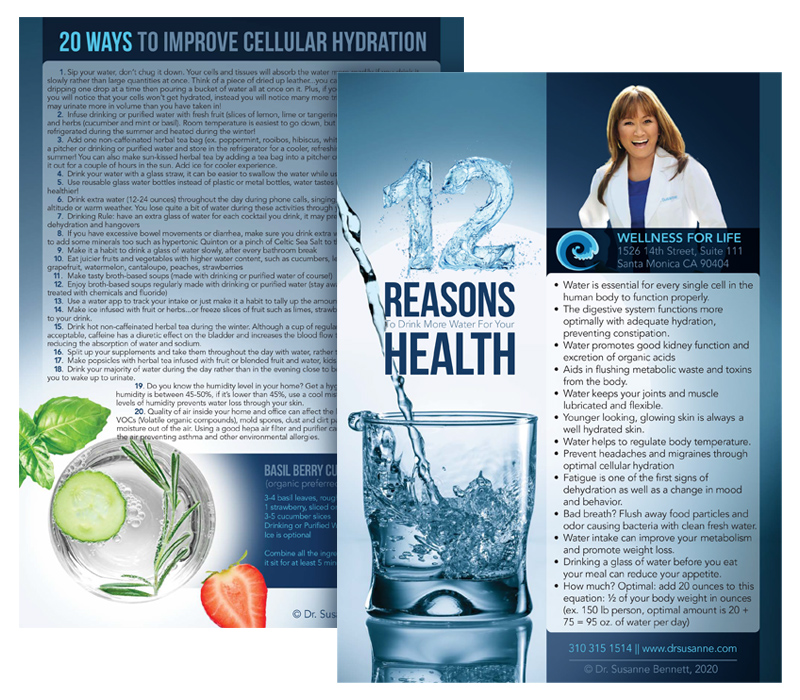In the wake of the Japanese Nuclear Disaster, many of my patients have been calling me to get the potassium iodide/iodine supplement. Everywhere locally from Whole Foods, Co-Opportunity, Santa Monica Homeopathic Pharmacy and the rest of the nutrition stores are all out of the iodine supplement. My recommendation is not ingest iodine supplementation at high doses unless there are extremely high levels of Iodine131 in the environment. Many people are finding out that they are sensitive to high dosages that can cause irreparable damage to the thyroid gland particularly if you have an underlying autoimmune condition. Please note, the iodine supplement is only for high levels of radioactive iodine. According to South Coast Air Quality Management District, as of yesterday March 20, 2011, there is absolutely no increased risk of radiation above the background levels in Southern California.
The best way to reduce the risk of radiation affecting your body is to enhance your ability to defend against free radicals damage. Another term for free radical damage is oxidative stress. Whether you are exposed to radioactive uranium, plutonium, strontium, iodine, cesium or any other radioactive agent, the negative effect to our body will be oxidative stress. This can destroy cells, tissues and DNA and cause premature aging, inflammatory diseases and even cancer. Free radicals are renegade unstable molecules (pro-oxidants) that are constantly searching for electrons. These pro-oxidants need to be neutralized by antioxidants (electron donors) immediately before cellular damage sets in and ultimately kill the cells and tissues.
Antioxidants are vital nutrients that prevent oxidation and cellular damage. The mother of all antioxidants is Glutathione (GSH). GSH will protect the cell against intracellular oxidation and neutralize and reduce all types of toxins and carcinogens. It will also facilitate DNA synthesis and repair. GSH protects damage inside the cell, where as another antioxidant, Vitamin C, works outside the cell the same way. Vitamin C and GSH work together and enhance each other. Here is a list of antioxidants that will help with oxidative stress caused by radiation, toxins/chemicals, pathogenic microbes and lifestyle/emotional stresses:
- Glutathione- highest bioavailable formula, is taken through the buccal mucosa (between cheek and gum) and sublingually
- Vitamin C- taken regularly throughout the day
- NAC- N-Acetyl Cysteine
- R-Lipoic Acid- stronger than A-Lipoic Acid (alpha form)
- SOD- SuperOxide Dismutase
- Vitamin E- tocopherols and tocotreinols
- Resveratrol– in Trans form only
- EGCg– green tea extract
- Glutamine and Glycine – amino acids that helps produce GSH
- Pycnogenol: proanthocyanidins (phytonutrient) from pinebark extract, which is 50X more powerful than Vit. E and 20X more powerful than Vit. C
There are many more I can list, but this is a great start!
Please note: Go over the list with your health care practitioner before you decide to use any of the antioxidants.
http://www.aqmd.gov/Default.htm
The content in this article/blog have not been evaluated by the FDA and is not intended to diagnose, treat, cure or prevent any disease.




